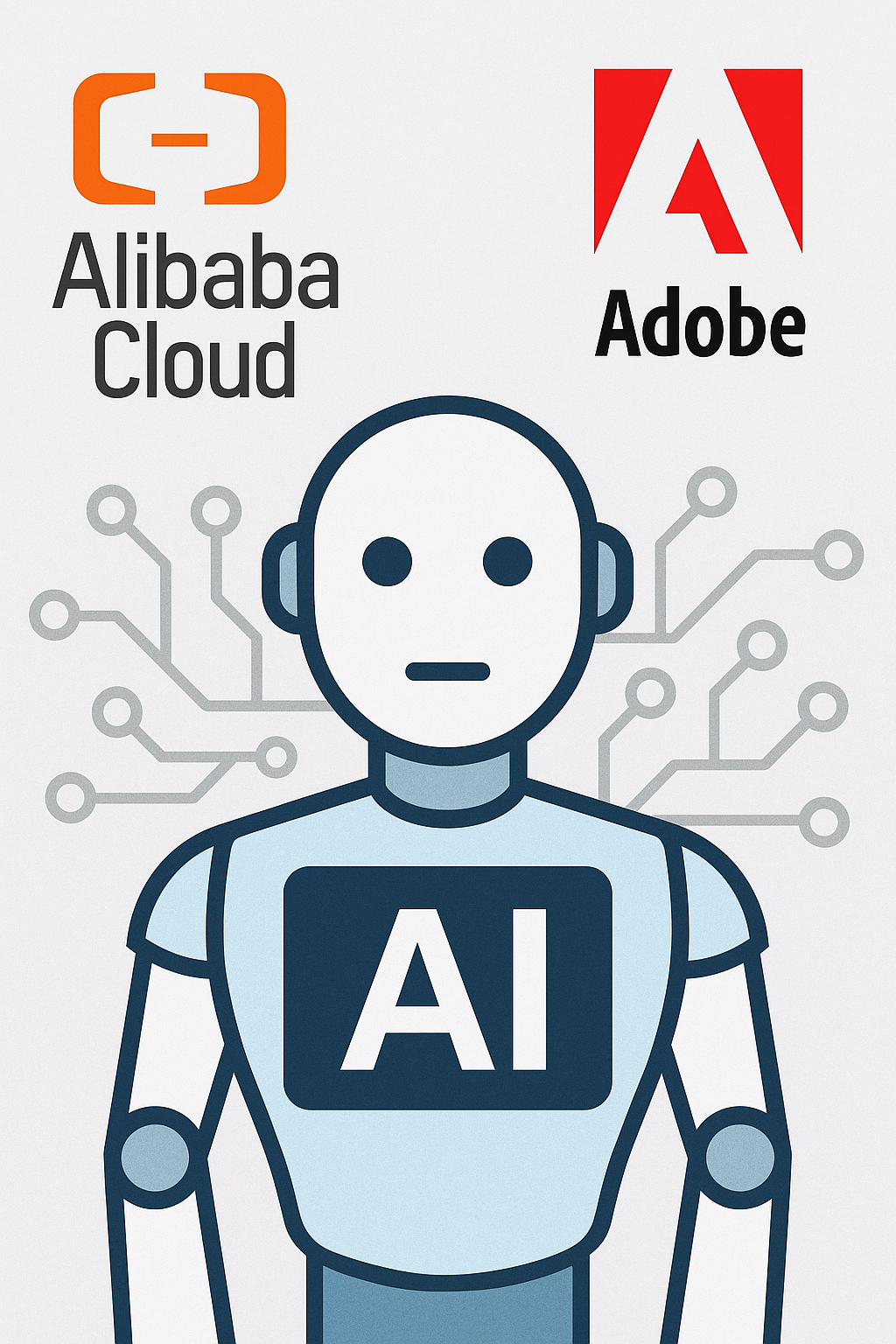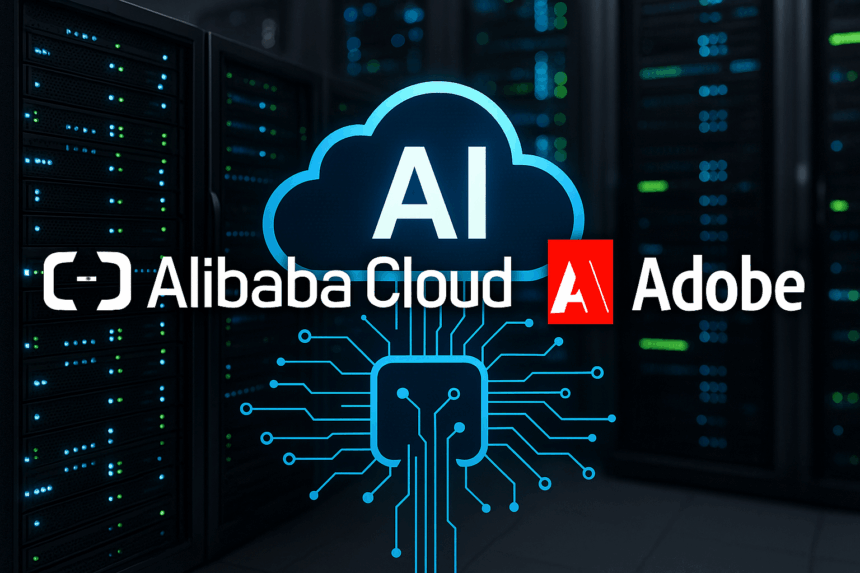Artificial intelligence may be dominated by first-tier hyperscalers Microsoft, Google, and Amazon Web Services (AWS). However, second-tier providers are carving out serious lanes of their own. Oracle is betting on GPT-5 integration across its software suite. Meanwhile, Alibaba is pushing ahead with its own AI chip development despite U.S. export restrictions. Together, these moves show how competition in enterprise AI is expanding well beyond the familiar names.
What’s Happening & Why This Matters
Oracle bets on GPT-5 for enterprise workflows
Oracle has rolled out OpenAI’s GPT-5 across its database and SaaS applications, including Fusion Cloud, NetSuite, and Oracle Health. The model is being used for code generation, bug resolution, documentation, and reasoning in complex business processes.
Kris Rice, Oracle’s Senior VP of Database Software Development, explained:
“The combination of Oracle Database 23ai and GPT-5 enables users to search across all their data, run secure AI-powered operations, and use generative AI directly from SQL — unlocking the full potential of AI on enterprise data.”
Oracle’s approach focuses on agentic automation and multi-step reasoning, key areas that competitors like Microsoft Copilot and Google Workspace AI have leaned into. Unlike its bigger rivals, Oracle is positioning itself as the vendor that marries trusted enterprise data with frontier AI. It offers secure, industry-specific solutions at scale.
Alibaba builds its own AI chips

In China, Alibaba is investing heavily in AI infrastructure. Reports confirm that it is developing a new AI chip, following the 2019 release of its Hanguang 800 processor. The move comes as the U.S. limits exports of Nvidia’s Blackwell chips to China, forcing domestic players to innovate quickly.
Alibaba’s semiconductor unit, T-Head, is expected to design the new chip, though the product will not be sold directly. Instead, customers will rent computing power from Alibaba Cloud, partly driven by these new processors. The company has pledged ¥380 billion ($45 billion) in AI investment over three years. This underscores its ambition to keep pace with American firms.
This comes against a geopolitical backdrop. Chinese President Xi Jinping has rejected a “Cold War mentality” over AI, calling for global cooperation. Simultaneously, he encourages local firms to reduce reliance on U.S. technology. At the same time, Nvidia’s CEO Jensen Huang has cautioned Washington. He stated that if Nvidia is barred from China, companies like Alibaba and Huawei will fill the void.
AI Arms Race
These choices by Oracle and Alibaba matter because they press the AI competitive field. For years, conversations about AI infrastructure revolved around the “big three” cloud providers. Now, enterprises are seeing viable alternatives. Oracle is a secure, enterprise-first provider in the West. Meanwhile, Alibaba is a China-based AI player with domestic chip capacity.
Both companies also represent the next stage of AI adoption: integration not just into consumer apps, but deep into enterprise data workflows and cloud platforms. For businesses, this means more choice, but also more complexity. AI capabilities and regulations diverge across regions.
TF Summary: What’s Next
The second-tier cloud providers are no longer content to follow. Oracle is embedding GPT-5 into the core of enterprise workflows. Meanwhile, Alibaba is reshaping the semiconductor conversation in Asia. Together, these moves reflect a global race. Here, innovation is as much about control of infrastructure as it is about the models themselves.
The message is clear: AI competition is diversifying. Business leaders should expect more players to offer compelling alternatives to the established leaders. AI remains inseparable from geopolitics, supply chains, and digital sovereignty.
— Text-to-Speech (TTS) provided by gspeech


